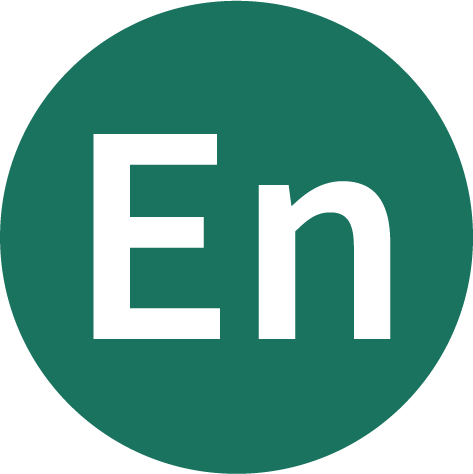 Clean Tech
Clean Tech Natural Resources & Environment
Natural Resources & Environment Online at your own pace
Online at your own pace Online scheduled
Online scheduled Winter Term
Winter Term Spring/Summer Term
Spring/Summer Term $500 - $1000
$500 - $1000 English
English
Create data collection solutions to distinguish tools based on the requirement of a project. This microcredential covers fundamentals in GPS and RTK data collection to provide a holistic understanding of editing, integration and visualization methods for a complete setup. You will learn how to upgrade your skills to pursue positions such as a certified GIS Professional (GISP) or drone pilot.
Recommended Experience
Opportunity to build on your GIS microcredential
Skills and Competencies
A significant reduction in Canada’s carbon footprint is imperative for mitigating the risks associated with Climate change and to transition to a low carbon economy. This is an ambitious endeavour that requires individual and collective actions to limit Greenhouse Gas Emissions (GHG) and invest in innovative, alternative/renewable energy sources and technologies. GIS technology plays a critical role in the collection, management, visualization, analysis and interpretation of location-based environmental data (e.g., air/water quality, ecosystem/biodiversity, population, energy use, transportation data, etc.). Bureaucrats & technocrats who need to understand the impacts of climate change rely on Geographic Information Systems (GIS) technology for climate risk analytics. Monitoring of rising sea levels or extreme weather events, mapping biodiversity loss, siting of critical infrastructure for water resources, healthcare, renewable energy, optimization of waste collection in our communities or routing logistics for transit systems are a few examples of the application of GIS technology as a spatial decision support tool for mitigating climate change and developing sustainable solutions in a low Carbon economy.
GIS technology is increasingly used in the public and private sector. New or recent graduates seeking employment in a data-driven, low carbon digital economy will require training and skills development in GIS technology. Seneca’s suite of GIS microcredentials will bridge that training, skills development and competencies gap for graduates or people seeking a career change, due to upheaval in the labour market due to the COVID-19 pandemic for example. The focus of these microcredentials is on geospatial data collection methods, data analysis/visualization & interpretation techniques – skills required for enhancing employability in the digital, low carbon economy. Graduates will gain the expertise needed with geospatial data analytics for a rewarding career in a variety of industries including environmental and civil engineering, health care and manufacturing.
 Spring/Summer Term
Spring/Summer Term Winter Term
Winter Term